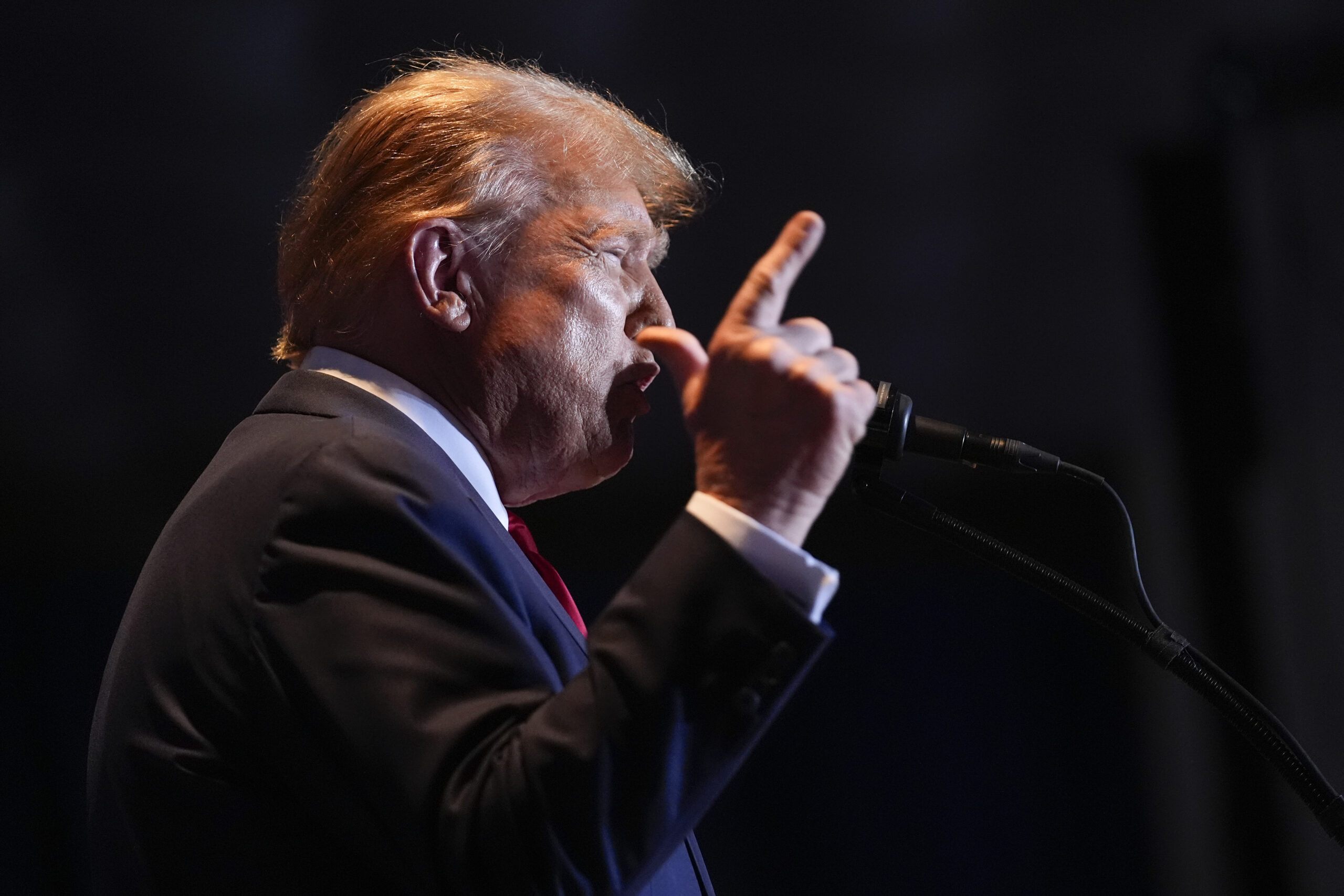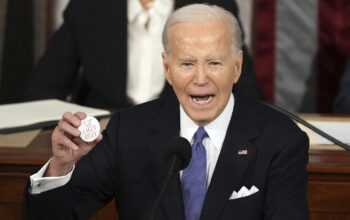A New York appeals court ruled former President Donald Trump can sue his niece Mary Trump for violating a confidentiality agreement when she signed a settlement relating to her grandfather’s estate.
The Appellate Division in Manhattan on Thursday found there is a “substantial basis in law” for President Trump to claim that his niece violated confidentiality provisions of a 2001 settlement over the estate of his father, Fred Trump Sr.
A five-judge panel said it was unclear whether Ms. Trump’s disclosures were subject to confidentiality, or how long both sides intended the provisions to remain in effect.
While it ruled that the former president can sue, it also signaled that he might deserve only minimal damages, not the $100 million he originally sought.
“At a minimum, nominal damages may still be available on the breach of contract claim even in the absence of actual damages,” the court said.
Other courts have issued rulings in favor of the former president. In June 2023, a judge in New York sided against Ms. Trump, who appealed the ruling. The five-judge panel upheld the lower court judge’s previous ruling on Thursday.
“Issues of fact exist as to whether the information disclosed by defendant (that is the subject of this suit) or plaintiff’s prior statements (that are relied upon by defendant) are subject to the confidentiality provision,” the court said Thursday. “Because the confidentiality agreement contains no fixed duration, the court must ‘inquire into the intent of the parties’ and determine—‘if a duration may be fairly and reasonably fixed by the surrounding circumstances and the parties’ intent.’”
The court also did not find Ms. Trump to be liable, but it said that President Trump has the right to sue her.
“While issues of fact exist as to the confidentiality provision’s meaning and scope, it is not so vague as to be unenforceable as a matter of law,” the court added. “Any ambiguity can be resolved through examination of parol evidence to discern the intent of the parties.”

















